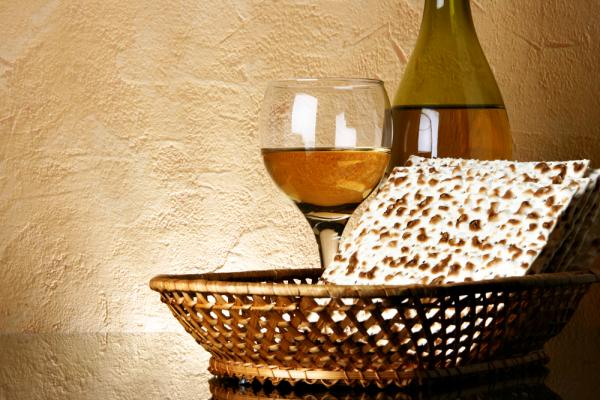Mar 29, 2012
“Easter? Isn’t that over?” I’m already gearing up to hear this, just as I launch into trying to trying to actually make something spiritually of Lent’s remaining weeks, after my feeble efforts, while also anticipating the Feast of Feasts that awaits in a little more than two weeks.
At work, hunched over my vegetarian lunch of channa dal and naan (Orthodox Lent is all about carbs!), I furtively scan florist websites for vibrant bouquets, and think about ordering that grass-fed leg of lamb from the small farmer who sells meat at our local market. I wonder if I get the cute bouquet of bright pink roses with the foam Easter eggs and the fuzzy bunny for my daughter, will the flowers hang on for another seven days to grace our Pascha table?
Read the Full Article

Already a subscriber? Login
